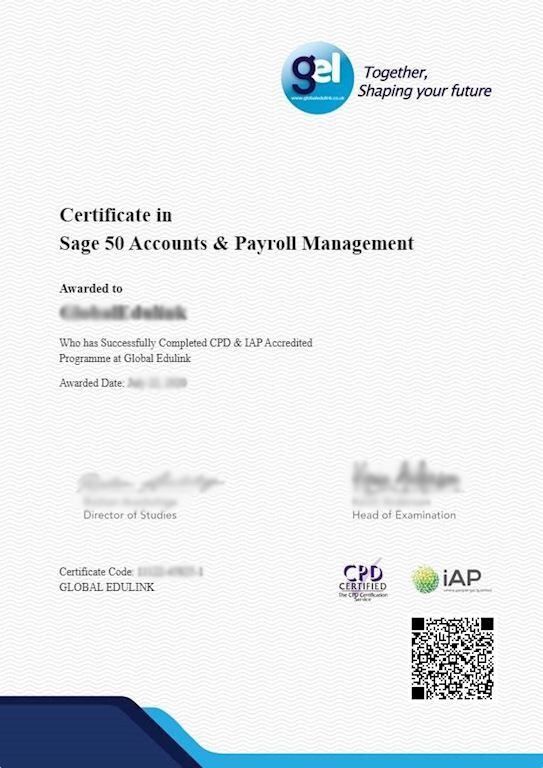- Duration / Course length: Upto 14 Hours Start now
- Accredited by: CPDiAP
- Certificates:
- Course delivery: This course is delivered in video format
Course details
Educational Psychology is a profession concerned with the ways in which students learn and develop. It emphasizes trends in educational development while also focusing on educational diversity. For teachers and trainers to fulfil their instructional role most effectively, their teaching methods must be grounded in educational psychology. Educational psychology provides a framework for teachers and trainers to plan, create and deliver effective lessons, and assess each student's learning.
During this online course, candidates will develop a full understanding of Education Psychology. Key development theories related to the learning process are examined and practical classroom examples are supplied to engage you throughout the course. Vital material about student diversity is also presented, including strategies and information about working with students with special educational needs and helping them to reach their full potential.
Further, in this course you will gain a thorough grounding in the fundamental principles of psychology, the scientific study of the mind and behaviour. You will focus on the application of psychology in an educational context - studying how individuals learn and develop. You will learn about the core areas of psychology and examine how psychology has been applied to education, linking theory to practice.
This online training course is comprehensive and designed to cover the key topics listed under the curriculum. This course has been designed for 30 guided learning hours.
COURSE CURRICULUM
- History and Educational Aims
- Cognitive Perspective of Learning & Information Processing
- Knowledge Organization
- Advance Creativity in a Learning Environment
- Behavioural Theory
- Applying the Premack Principle in the Classroom
- Child and Adolescent Development
- Social Constructivism and the Mediated Learning Experience
- Moral & Prosocial Behaviour
- The Importance of Motivation in an Educational Environment
- Using Intrinsic and Extrinsic Motivation to Enhance Learning
- Teacher Expectations & Attributions
- Methods of Measuring Intelligence
- Educating Students with Special Needs
- Emotional & Behavioural Disorders
- Advanced Cognitive Development
- Forms of Assessment
- Performance Assessments
- Standardized Tests in Education
- Instructional Strategies
- Advance Organizers in the Classroom
- Types of Research Design
- Research Ethics in Educational Psychology
You will have 12 Months access to your online study platform from the date you purchased the course. The course is self-paced so you decide how fast or slow the training goes. You can complete the course in stages revisiting the training at any time.
Method of Assessment:
At the end of the course learners will also take an online multiple choice questions assessment test. This online multiple choice questions test is marked automatically so you will receive an instant grade and know whether you have passed the course.
Certification:
Successful candidates will be awarded certificate for "Educational Psychology".
Benefits you will gain:
By enrolling in to this course, you'll get:
- High quality e-learning study materials and mock exams.
- Tutorials/materials from the industry leading experts.
- Includes step-by-step tutorial videos and an effective, professional support service.
- 24/7 Access to the Learning Portal.
- Benefit of applying NUS extra Discount Card.
- Recognised Accredited Qualification.
- Access Course Content on Mobile, Tablet or Desktop.
- Study in a user friendly, advanced online learning platform.
- Excellent customer service and administrative support.
Eligibility / Requirements
- This course is available to all students, of all academic backgrounds. However, a sound academic background would be an advantage.
- Learners should be ages 16 or over to undertake the qualification.
- Basic understanding of English language, literacy, numeracy and ICT are required to attend this course.
.jpg)
.jpg)


.jpg)
